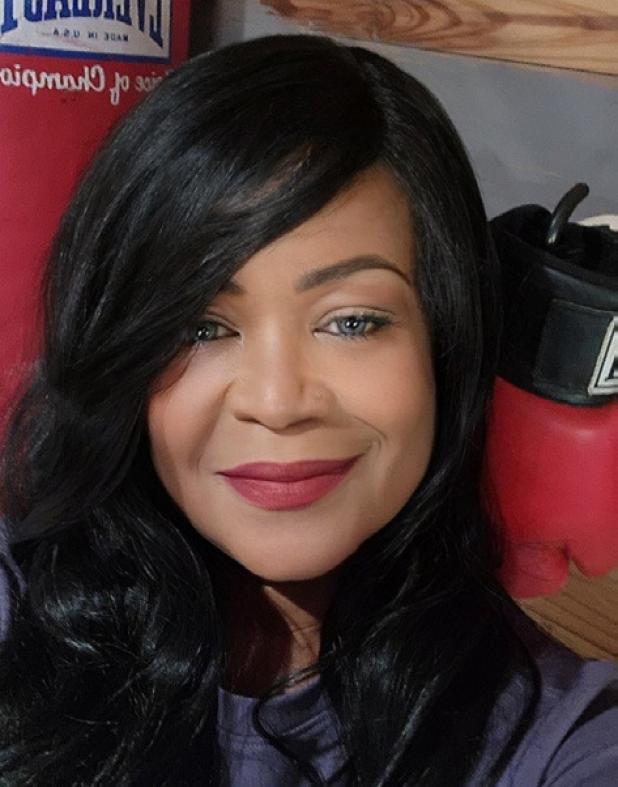


The Danger of Visceral Fat and how to Lose it
Visceral fat is dangerous and will lead to complicated health issues such as heart disease, stroke, Type 2 diabetes, and some cancers, according to the Mayo Clinic. You could be at risk if you’re female with a waist circumference greater than 31 inches or male with a waist more than 37 inches. The good news is you can dramatically reduce the risks associated with too much visceral fat by losing weight and eating a healthy diet.
Visceral fat is the fat that surrounds your organs such as the liver, intestines, kidneys and cushions your belly. It should not be confused with subcutaneous fat, which is the fat located underneath your skin.
Although genetics significantly impact how your body stores fat, a healthy diet and regular exercise are important factors.
You can reduce visceral fat with a healthy diet. Avoid foods with trans-fat and refined sugar, usually found in processed foods. These types of foods will cause you to increase visceral fat. Instead, go for whole foods such as fruits, vegetables, nuts, and seeds. Select poultry (chicken and turkey) and seafood (salmon and tuna) if you consume meat. On the other hand, if you’re on a plant-based diet, you can substitute meat with tofu and tempeh, which is high in protein, vitamins and minerals.
Remember, a wholesome diet and regular exercise are powerful tools in your fight against visceral fat. By making these changes, you’re taking proactive steps to improve your health and reduce your risk of associated health issues. You’ve got this!
It’s natural to feel overwhelmed when faced with the prospect of losing a significant amount of fat. But remember, every journey starts with a single step. By setting small, achievable goals and focusing on the big picture, you can make steady progress toward your target. You can do this!
Ronni Walker is a certified personal trainer and nutritionist with a bachelor’s degree in journalism and a master’s degree in mass communication. She is committed to helping people transition to and maintain healthy lifestyles through the P.RE.T.T.Y. Girl Fitness project. You may contact by sending an email to coach@ PGF.life.
